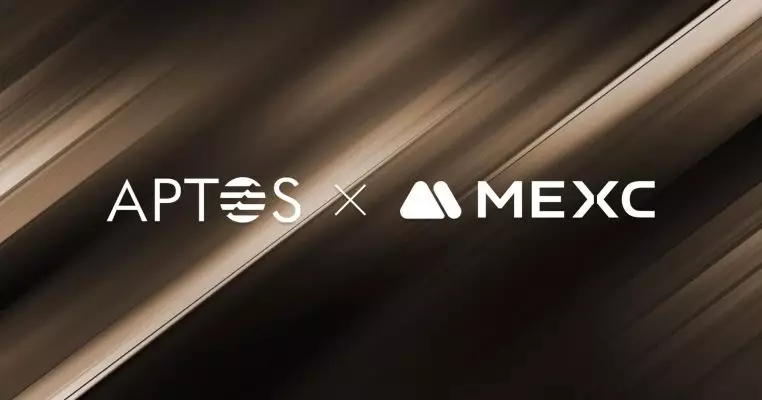The rise of cryptocurrencies has come with a whole host of methodologies, tools, and frameworks that support and drive the demand for them in the modern digital marketplace. One of the most prominent of these is token economics, which takes economic models and token distribution and studies their inner workings to ascertain the value of specific cryptocurrencies and their potential for the future.
In the simplest terms, for these kinds of currencies to function as financial assets, there needs to be an incentive to buy.
Tokenomics is one of the most pivotal concepts to be developed for crypto in recent years. The more a coin uses tokenization methods, the more likely it’ll be to offer fantastic incentives for those who want to buy and hold crypto for long-term capabilities.
4 Best tokenization models
Tokenization is a key element of successful cryptocurrency endeavors for all forms of digital money. Because of this, four different models can be applied. These are:
1. Deflationary Model (Currency)
In this token economic model, a hard cap on the number of tokens created ensures that cryptos such as Bitcoin or Litecoin don’t get over-sold. The number of coins in circulation needs to be low to maintain a high level of interest.
2. Inflationary Model (Utility)
A hard cap isn’t necessary for this model because an intermittent limitation is placed on the coins involved instead (like Ethereum). This can be set at different timescales to suit the needs of the crypto in question, such as yearly, but it can be determined using on-demand data instead.
3. Duel-Token Model (Other)
In a dual-token economic model, you will find a combination of two coins on one blockchain so that users can enjoy the benefits of both stored currency and utility tokens. This model encourages users to have a coin for its value and transact with another on the same chain. Neo and Gas are great examples of duel-token currencies.
4. Asset-backed Model (Stablecoins)
The last model is the asset-backed model. This is based on the traditional Asset-Backed Security methodology from the fiat finance marketplace. A crypto developer such as Tether will assign the value of a real-time asset like gold to the potential cost of the token in question.
Investors are finding this to be the most lucrative of all the token economies currently in place, as well as the most easy-to-access form of tokenization so far. Its popularity is growing year by year, and many investors can get involved.
With these models in mind, you’ll find one of the most up-and-coming tools for designing token economies. While it has been around for a while, it is certainly something to watch for the future of cryptocurrencies. These aim to study the more obscure elements of digital currencies. As many parts of the system during the creation phase of crypto coins can be non-linear and chaotic, these focus on a more intuitive and in-depth analysis of the individual parts over the generalization of the whole.
The future of tokenomics
With token economics so prevalent in the industry, the need for security and regulation has become a hot topic. When these are brought into question, auditing tokenomics can be the best tool to utilize to determine the reputability of a coin, the safety of the blockchain it’s on, and more.
Yet, third-party, independent developers undertake these endeavors. Some crypto creators have in-house developers that take on the role of auditing code following the development stage before passing it on to an independent developer for a fresh eye.
These audits aren’t legally binding, but they give investors a higher level of assurance everywhere.
Final thoughts
It’s no secret that a well-built platform can offer better investment opportunities, bringing higher demand and a larger scope for prices. The reality is that developers can utilize token ecomics to generate better interest and build appeal in their cryptocurrencies, NFTs, and much, much more. The whole concept has various applications across the board and can offer benefits for all involved, from development to investment.
Featured Image: pexels.com



